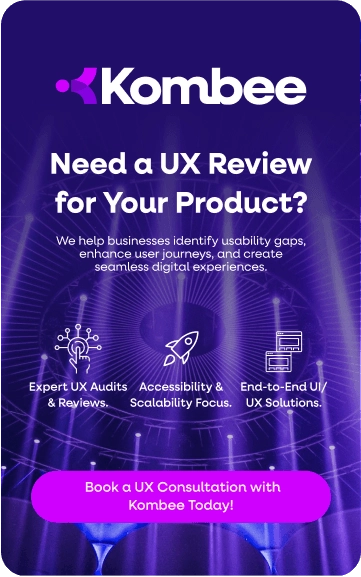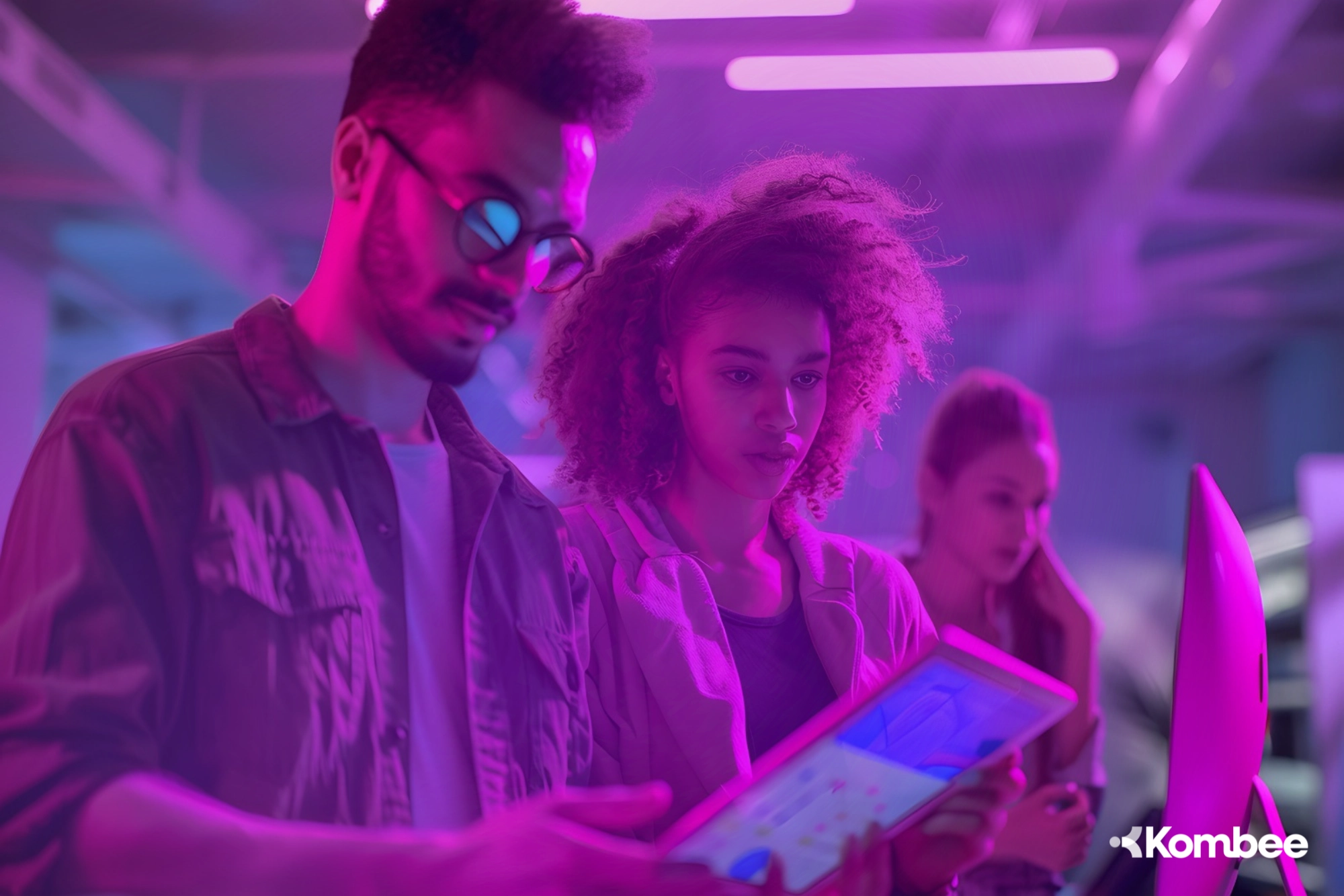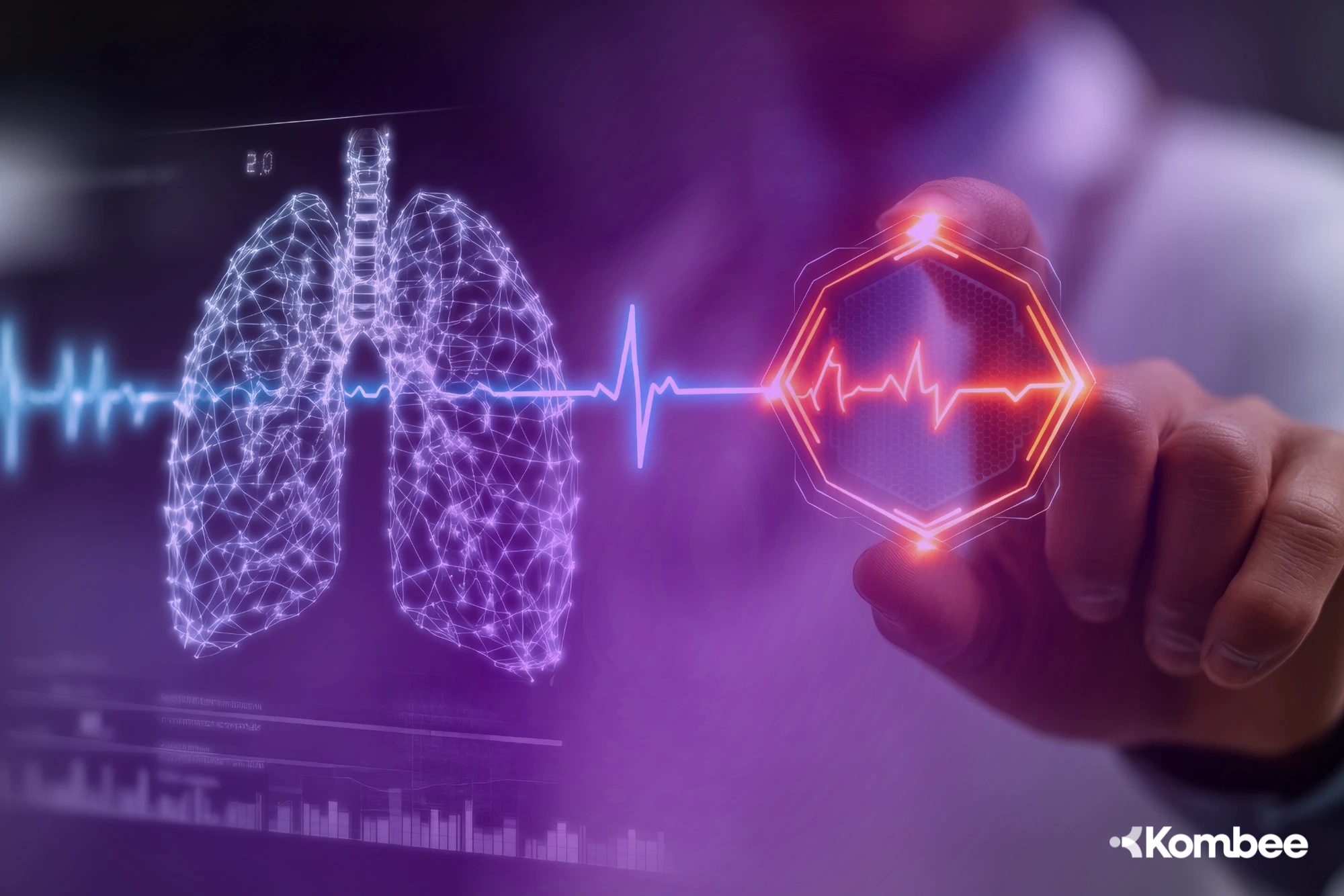Introduction
Education is at the cusp of a major transformation. As technology continues to evolve, artificial intelligence (AI) is rapidly making its way into classrooms, online platforms, and learning environments worldwide. AI has the potential to fundamentally change how we learn and teach by offering personalized learning paths, automating administrative tasks, and creating more efficient, engaging learning experiences.
From intelligent tutoring systems that adapt to individual learning styles, to AI-powered assessment tools that provide real-time feedback, AI is becoming a powerful ally in the world of education. But how exactly is AI transforming learning, and what does this mean for the future of education?
In this blog, we’ll explore the ways AI is shaping modern education and how both students and educators can benefit from these innovations.
How AI Is Transforming Education
Artificial intelligence is no longer a futuristic concept in education — it's happening now. From customizing how students learn to helping teachers work more efficiently, AI is reshaping the educational experience in real-time. Let’s take a closer look at the key ways AI is driving this transformation
1. Personalized Learning with AI
One of the most exciting applications of AI in education is the ability to offer personalized learning experiences. Traditional education systems often rely on a one-size-fits-all approach, but AI allows for adaptive learning — tailoring lessons, assignments, and resources to meet the unique needs of each student.
How AI enables personalized learning:
- Adaptive learning platforms: AI can analyze a student's performance in real-time and adjust the difficulty level, pace, and type of content accordingly. For example, if a student is excelling in a particular topic, the AI can introduce more challenging material, while offering additional resources and support for topics that are more difficult.
- Learning styles: AI can identify individual learning preferences — whether a student learns best through visuals, text, or interactive activities — and present the content in the most effective way for them.
- Real-time feedback: AI can assess student work and provide immediate feedback, helping learners understand their mistakes and correct them quickly.
This level of personalization not only increases engagement but also helps ensure that each student progresses at their own pace, leading to more effective learning outcomes.
2. AI-Powered Tutoring Systems
AI is also transforming the way students receive support outside of the classroom. AI-powered tutoring systems are becoming increasingly popular, offering one-on-one assistance in subjects ranging from math and science to languages and history.
How AI tutors help students:
- 24/7 availability: AI-powered tutors are available around the clock, providing support whenever students need it, whether they’re stuck on homework, studying for exams, or trying to grasp complex concepts.
- Instant explanations: AI tutors can offer step-by-step explanations and examples, ensuring that students fully understand the material before moving on to the next topic.
- Data-driven insights: These tutoring systems can analyze a student’s progress, identify areas of weakness, and suggest personalized exercises or resources to help them improve.
By acting as a supplementary tool for students, AI tutors provide an additional layer of support, helping learners stay engaged and succeed in their studies.
3. Automating Administrative Tasks
In addition to enhancing the learning experience, AI is also helping educators by automating time-consuming administrative tasks. From grading assignments to tracking student progress, AI can handle many of the repetitive tasks that traditionally take up valuable time.
How AI aids educators:
- Grading automation: AI can grade assignments, quizzes, and exams, particularly those with objective answers like multiple choice or short answer questions. This allows teachers to spend less time on administrative tasks and more time focusing on teaching and interacting with students.
- Predicting student performance: AI can analyze data on student performance and predict outcomes, helping teachers identify students at risk of falling behind or those who might need additional support.
- Content creation: AI tools can help educators generate customized lesson plans, quizzes, and assignments based on learning objectives and student needs, streamlining the process of course preparation.
By reducing administrative burdens, AI gives educators more time to focus on what matters most — teaching and inspiring students.
4. Intelligent Content Creation
AI is also improving how educational content is created, distributed, and consumed. From AI-generated textbooks and interactive lessons to virtual labs and 3D simulations, AI is making learning more engaging and accessible.
How AI is enhancing content:
- Adaptive textbooks: AI can create digital textbooks that adjust based on student progress, offering additional resources for topics students struggle with or advancing to more complex content as they master basic concepts.
- AI-generated lessons and exercises: AI tools can generate customized lessons and practice exercises tailored to the needs of the learner, offering a dynamic and interactive learning experience.
- Simulations and virtual labs: In fields like science, engineering, and medicine, AI-powered simulations can provide hands-on experiences, allowing students to experiment and learn in a safe, virtual environment.
These innovations make learning more immersive and interactive, helping students develop a deeper understanding of the material.
5. Language Learning with AI
AI is also playing a major role in the language learning process. Language learners can use AI-powered apps and platforms to practice speaking, listening, reading, and writing in new languages with real-time feedback.
How AI is transforming language learning:
- Speech recognition: AI-driven language apps can use speech recognition to assess pronunciation, fluency, and grammar, providing instant feedback and correction.
- Chatbots for practice: AI-powered chatbots allow students to practice real-life conversations, helping them build confidence and improve their language skills in a low-pressure environment.
- Personalized lessons: AI systems can analyze a learner’s progress and adjust lessons and activities to address specific language learning needs, whether it’s expanding vocabulary, improving grammar, or mastering pronunciation.
By offering a personalized, interactive, and flexible approach to learning, AI makes mastering a new language more accessible and effective than ever.
6. The Future of AI in Education
As AI technology continues to evolve, its applications in education will only become more sophisticated. We can expect:
- Deeper personalization: AI will continue to refine its ability to understand individual learning styles, offering even more tailored learning paths for students.
- Increased accessibility: AI-powered tools will make education more accessible to students in remote areas or those with special needs, ensuring that learning opportunities are available to everyone.
- Enhanced collaboration: AI can facilitate collaboration between students, educators, and even AI-powered systems, creating a dynamic, interconnected learning environment.
While the potential for AI in education is vast, it's important to consider the ethical implications as well, including data privacy, AI biases, and ensuring that AI serves as a complement to, rather than a replacement for, human educators.
Conclusion
AI is fundamentally changing the landscape of education, from personalized learning experiences to AI-powered tutoring systems and intelligent content creation. With its ability to analyze data, adapt to individual learning needs, and automate administrative tasks, AI is empowering both students and educators to achieve better learning outcomes.
As AI continues to evolve, it will open new doors for innovation in education, making learning more accessible, engaging, and effective. However, the key to leveraging AI in education will be to ensure that it’s used ethically and responsibly, creating an environment where technology supports, rather than replaces, the human aspects of teaching and learning.
The future of education is here, and AI is leading the way.
Frequently Asked Question
Q1. How is AI transforming education today?
AI is transforming education by enabling personalized learning paths, providing intelligent tutoring systems, automating administrative tasks for teachers, and creating more engaging content through simulations and adaptive textbooks.
Q2. What are the benefits of AI-powered tutoring systems?
AI-powered tutoring systems offer 24/7 support, provide instant explanations, and use data-driven insights to adapt lessons to individual student needs, helping learners improve understanding and performance.
Q3. How does AI support teachers in classrooms?
AI helps educators by automating grading, predicting student performance, generating lesson plans, and reducing administrative tasks, giving teachers more time to focus on teaching and mentoring students.






